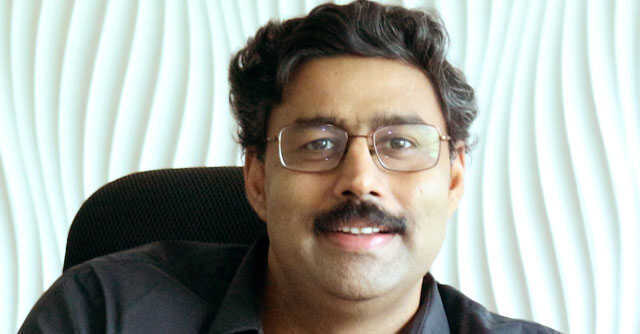
An ideal policy framework for web3


The internet which was conceptualized to deliver the promise of democratizing information sharing and wealth creation has rapidly evolved over the years into centralization of power in the hands of few large platforms with their own “closed wall gardens” all under the guise of building an open ecosystem.
This stands even more pronounced in Web 2.0 gaming wherein game publishers retain 100% of the money invested by gamers while buying virtual items in form of in-app purchases. Unlike any other economy, in Web 2.0 games the player doesn’t even own the asset which they have purchased. This inherent lop-sided sharing of economic value makes Web 3.0(Web3) gaming a very promising and disruptive business model. Web3 brings the promise of open, decentralized technology platforms which are directly accountable to their users; and offer higher data integrity and security.
A 2021 NASSCOM Industry report on Cryptotech has estimated that over 8 lakh new jobs could be created by the year 2030 in the Indian Web3 industry. But the vacuum around proactive policy discussions could eventually snowball into talent and capital flowing outward from our country and a loss of India-centric IPs in the Web3 space. Currently, the policy narrative around Web3 is unfortunately seen from the prism of a single use case of crypto trading.

This is not surprising given that crypto exchange was the easiest to capture imagination of millions of non-crypto savvy Indians. However, the applications of blockchain / Web3 are evolving into all spheres of economic activity across Agri-tech, DeFi, GameFi, HealthFi, eSports etc. For example, the applicability of NFTs, other than gaming and art, is also huge – NFT birth certificates; academic transcripts; NFT could also serve as a potential tool to eliminate counterfeit products as each transaction in the logistics chain gets recorded on the blockchain. Regulating NFTs solely on the basis of the risks emanating from its usage in one particular application would be unfair.
India shouldn’t be cast aside to the periphery in a mere backend-servicing role to the Web3 hotspots emerging globally right now. Policymakers need to look beyond trading exchanges while formulating polices and work with the industry to make India a global hub of innovation.
There are a few things that must be considered while looking at Web3 policy. First, Web3 relies on the core concepts of trustlessness and permissionlessness. It is a Privacy-First, decentralized infrastructure where users can thrive in an environment where they don’t have to gain authorization from a governing body (permissionlessness) in order to create or trade. Also, they can interact directly with each other without an intermediary (trustlessness) thanks to “programmable trust” via smart contracts. Smart contract is essentially any program that runs on the Ethereum blockchain and oversees independent execution of a contract with the terms of agreement between two parties written directly into the code.

Second, an ideal Web3 policy will have to nurture the pathways that allow Indian entrepreneurs and platforms to flourish. A sandbox regulatory framework would help facilitate this as it will oversee live testing of new Web3 products or services in a controlled/test environment for which regulators may permit certain relaxations. And third, an expert panel may be constituted under MeitY with members from NITI Aayog’s Frontier Technologies vertical, experts and industry representatives, who can then collaboratively analyze observations from the regulatory sandbox; study global best practices and track industry needs. This would establish an open channel of communication between regulators and the industry; and will go a long way in driving innovation, employment and revenues to state exchequer.
Web3 will put an end to the rigid control and exploitation faced by creators and developers through subjective parameters issued by BigTech which influences the form, reach and monetary benefit that their content will have on the internet. The policymaking process should focus on building a holistic, facilitative framework for a new digital economy that establishes India as a formidable Web3 leader.

Manish Agarwal
Manish Agarwal is the chief executive officer of Nazara Technologies.
